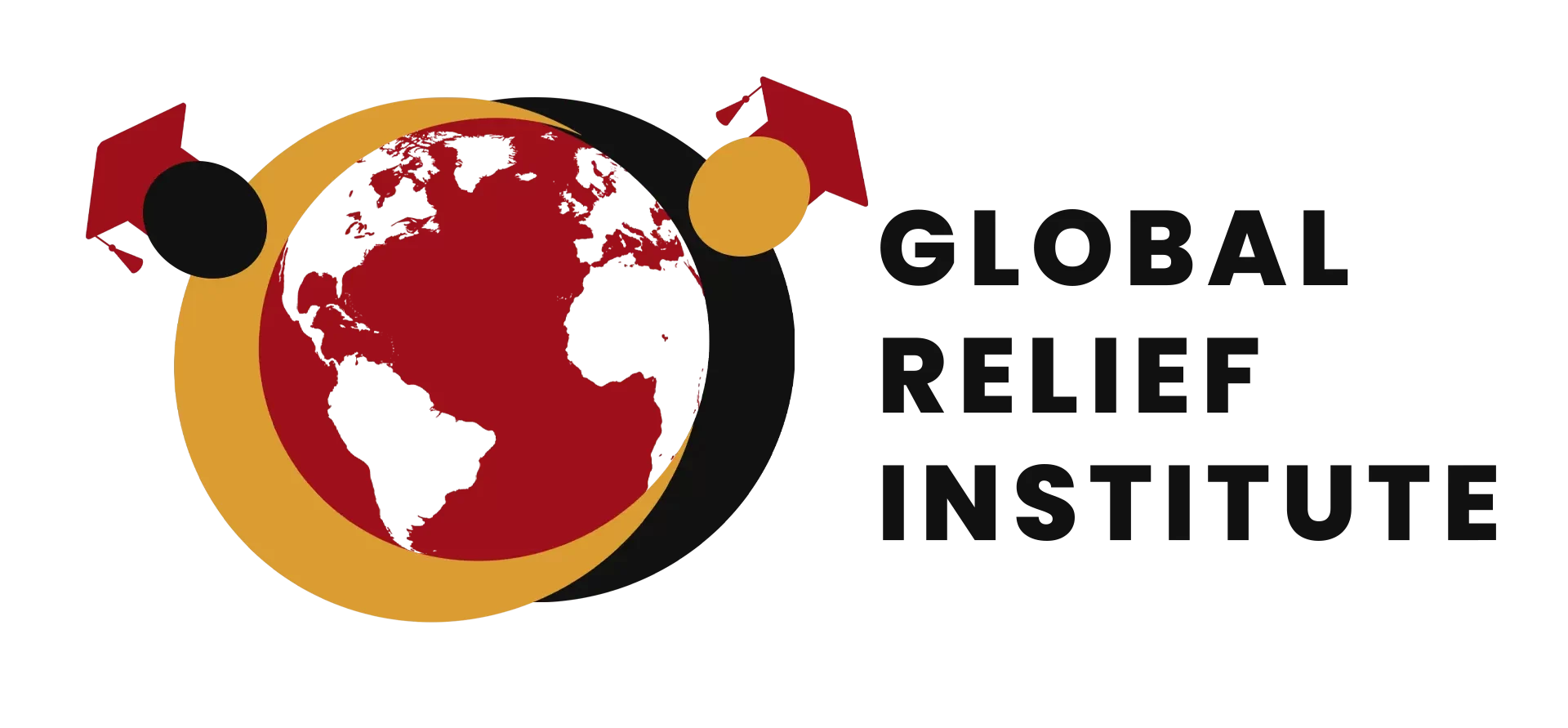Course Overview
This course is practitioner-oriented with a strong foundation in both academic theory and current events. The course is intended to provide students with a thorough introduction to humanitarian assistance covering legal aspects and major practical and policy considerations with regard to implementation.
The course further explores key considerations regarding the implementation of humanitarian assistance, early warning systems, operational systems such as timely response, unhindered access, funding, coordination and cooperation, political considerations, the relationship between humanitarian assistance and long-term sustainable development.
By considering those who are specifically affected by humanitarian crises and specific approaches to respond to their situations, the course provides learners with knowledge on protection and assistance for refugees and internally displaced persons, and the special needs of particularly vulnerable groups including women and children.
Course Content
- Practical and conceptual problems
- Root causes: breakdown of societies
- Victims, beneficiaries or participants: local populations, internally displaced people and refugees
- Rebuilding reconsidering; linking relief and development
- Why interventions
- Outside actors: the military
Exercises:
After reading course materials, students are expected to complete some relevant exercises and tasks to test their own learning.
Assignments
Students will be required to submit three assignments to demonstrate their understanding of the course content.
DURATION: 3 Months
REGIONS TARGETED: Global
COURSE FEE: €500
ORGANIZERS: GRI
LANGUAGE: English and French
FORMAT: Online Learning
GENERAL COURSE CONTACT:


